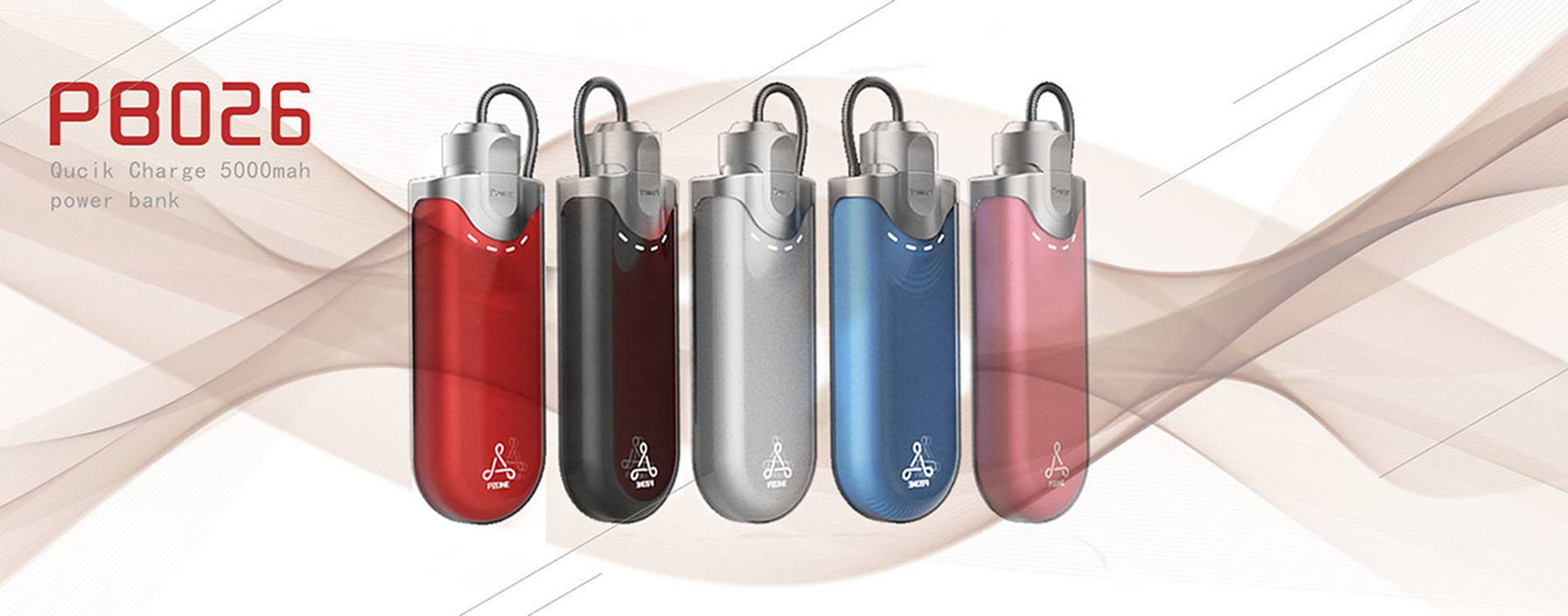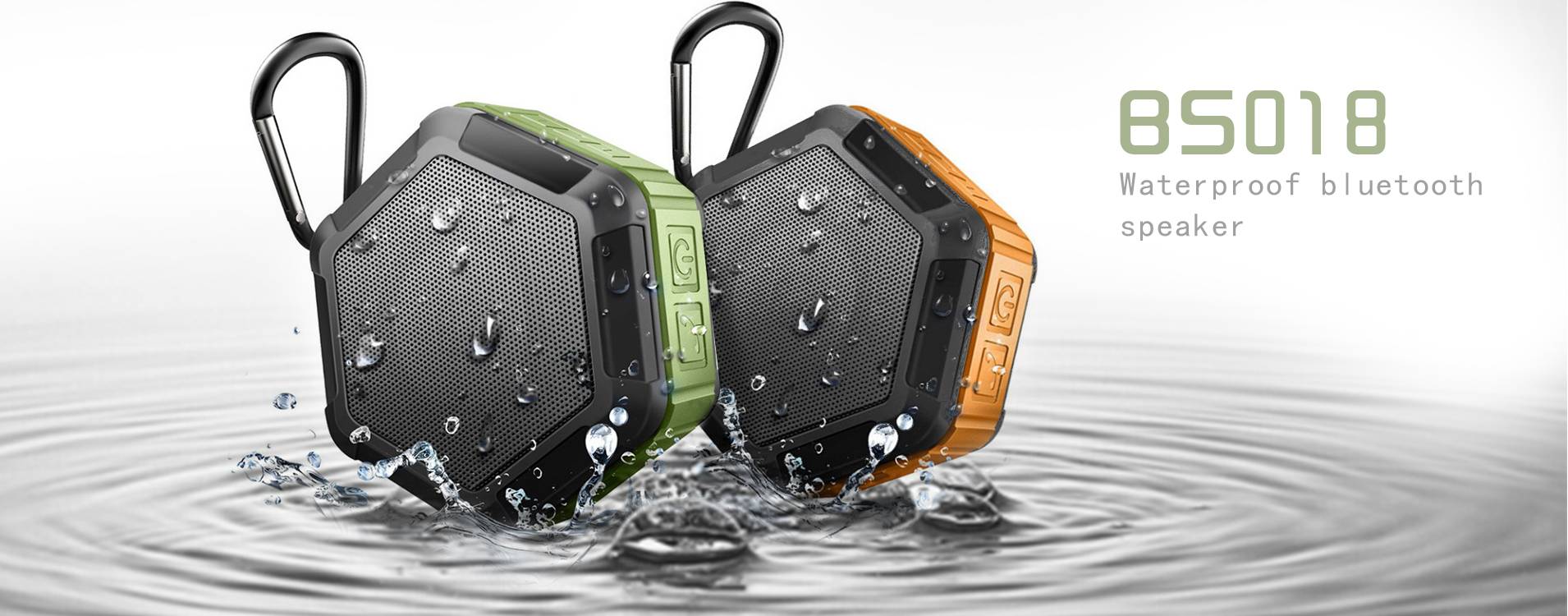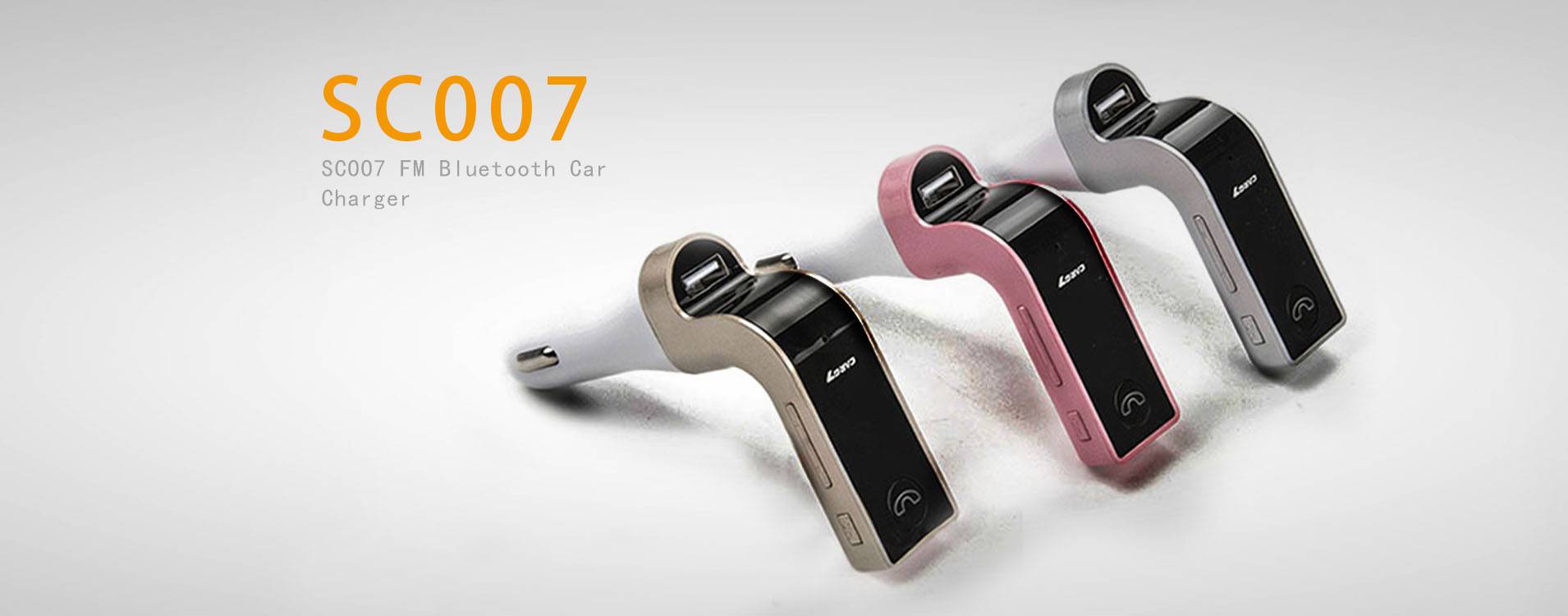The consumer electronics industry is entering the data age from the Internet era
Compared with last year's 50th anniversary, the 2018 Consumer Electronics Show in Las Vegas (CES) even more grand. More than 255,000 square meters of record exhibition area, including more than 900 start-ups, including more than 3900 exhibitors, more than 20,000 new releases, more than 7000 global media, more than 170 participants from around the world ... ... This year's CES is once again the focus of global attention.
People all hope to see the future from this science and technology event. However, this is not easy. Just as Seagate Trunlon, founder of Google's Cryptology Laboratory "X", said: "The speed of technological development goes far beyond human imagination. When you are shaking your head and can not believe it, In a new era. "
In 2018, mankind has begun to fully build the data age. Steve Kenig, senior director of market research at CES organizer CES, told reporters: "We have officially entered the data age from the Internet era in which we operate, and the process is not a simple conversion."
Artificial intelligence drives industry change
From Stephen Hawking, Elon Musk et al., "Do Not Get Too Fast," to Mark Zuckerberg et al., "Acceleration," Almost everyone has reached an agreement, no matter what the view on the development of artificial intelligence Consensus: Although the development of artificial intelligence is still in its infancy, this "ruthlessness" that is driving a new era will make it possible to solve existing problems in the industry.
As algorithms become more open source, artificial intelligence is becoming the "standard" for all walks of life. Google and other industry giants have long been computing power platform, the algorithm is no longer a difficult threshold.
At this exhibition, Baidu launched "Apollo 2.0" platform for autopilot technology. All four modules of its cloud service, software platform, reference hardware platform and reference vehicle platform are fully open, with over 90 partners.
"Algorithm + Software" model is becoming a common mode of many enterprises. Compared with last year, artificial intelligence related enterprises at this year's show have sprung up, covering almost all technical fields. Almost all of them are armed with artificial intelligence to their teeth, whether they are industry giants or start-ups. Among them, the realization of human-computer interaction through natural language and the building of trust and elimination of prejudice through artificial intelligence can be said that the industry is currently most willing to devote two solutions.
In 2018, those businesses and organizations that have data, those that provide more proactive business models, are expected to bring refreshing AI perspectives to people.
Data fully penetrate the physical world
In the native Alaskan native Aboriginal communities, locals use American Amazon courier service to send Christmas flowers to relatives and friends in the snow-capped mountains. The digital world and the physical world are becoming more and more inseparable.
However, the data age does not simply mean numbers, networks and connections. As Christiano Amon, president of QUALCOMM Corporation, gave at the show a metaphor: the data will be the same as the electricity used daily, and we should rightly assume that it is there.
He said everyone wants more data, and Gen 5 Mobile Technology (5G) will provide a massive data world that will ensure complete networking of all activities in all areas.
One of the best stories in the data age is autopilot, the hottest topic of the show. Driving is no longer a simple move, it's no longer just a feature that's interlinked with other technologies, but a very complex new task built on the back of massive amounts of data such as maps, environments, sensors and more. At the same time, data-driven security issues are beginning to attract much attention. Experts are urging the industry to add more input to data security.
Brian Kerzhanic, chief executive of Intel Corporation, said at the opening keynote speech that data is creating a new wave of technological innovations and everyone will have the opportunity.
Large-scale rise of the machine in all directions
The rise of the machine is staggering. Just as the number of mobile phones exceeded the population at the time, the number of future robots is expected to exceed the population.
In 2018, large robots in commercial cases are beginning to usher in more applications. In the meantime, small robots are getting closer and closer to large-scale mass production. Even relevant cottage products are ready to go. It is foreseeable that the robotic arm already used in the warehouse of enterprises such as Amazon and Jingdong will penetrate to a large extent in the fields of traditional manufacturing and service industries.
At the show, it is not hard to see Kuri home robots introduced by the US-based Mayfield Robotics Corp. that machine learning algorithms, visual and speech recognition, etc., are being massively integrated into the robot system. The originally cold guys are learning how to better Dealing with humans.
The fight in the robot market is already starting. In terms of speech recognition, Amazon and Google are showing up at the show, and Apple is looking to tap into the Homepod smart speakers in 2018. In addition, China's intelligent voice technology provider Branch News (002,230, stock it) companies have a place in the global market. Facial expression recognition, face recognition, image recognition related skills are in place.
Today, machines are increasingly proactive in providing solutions to humans. Robin Ruskin, founder of the U.S. agency "Living in the Digital Age," said that this year people no longer need to talk about the technology product itself, but should explore the relationship between people and technology in more depth.




